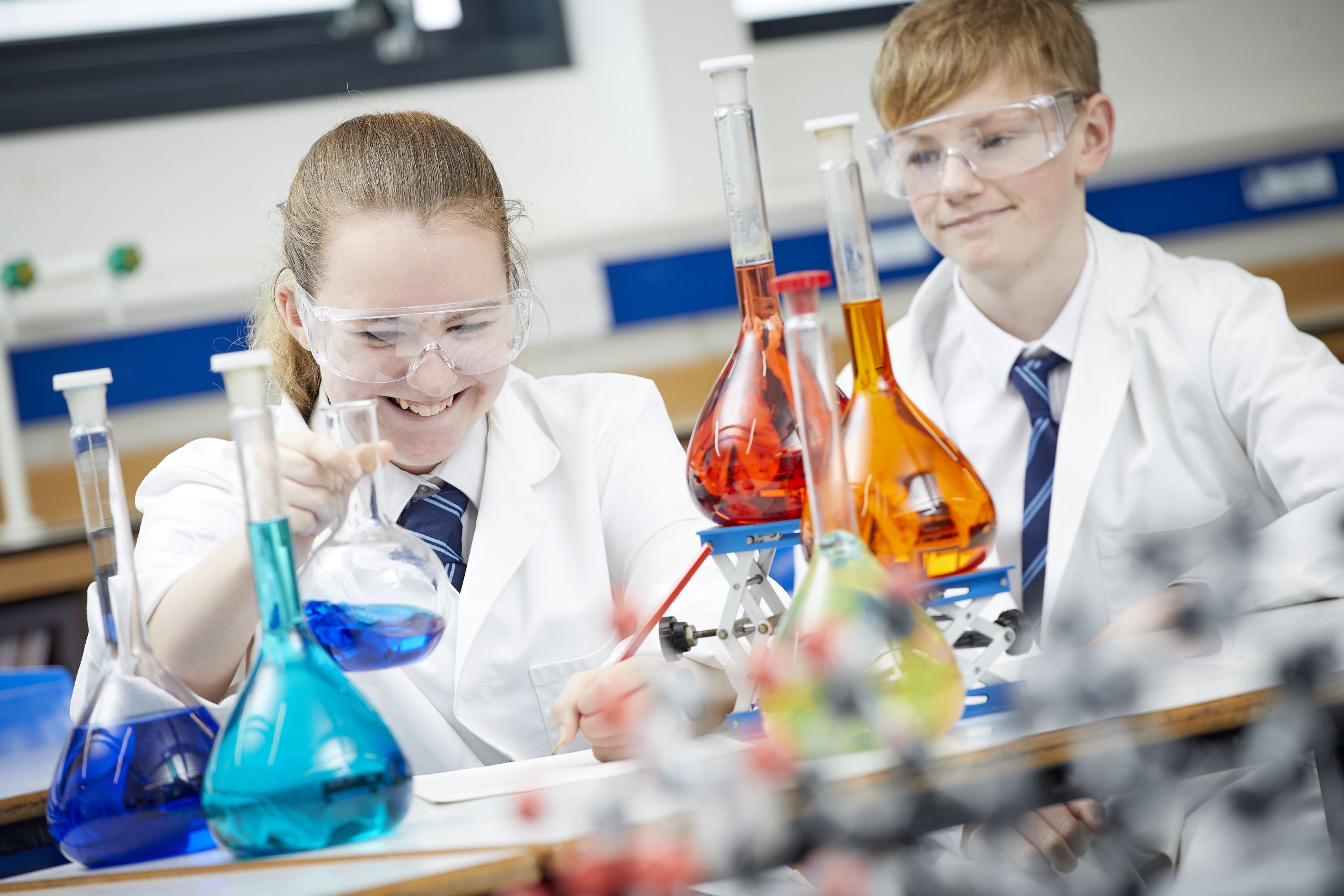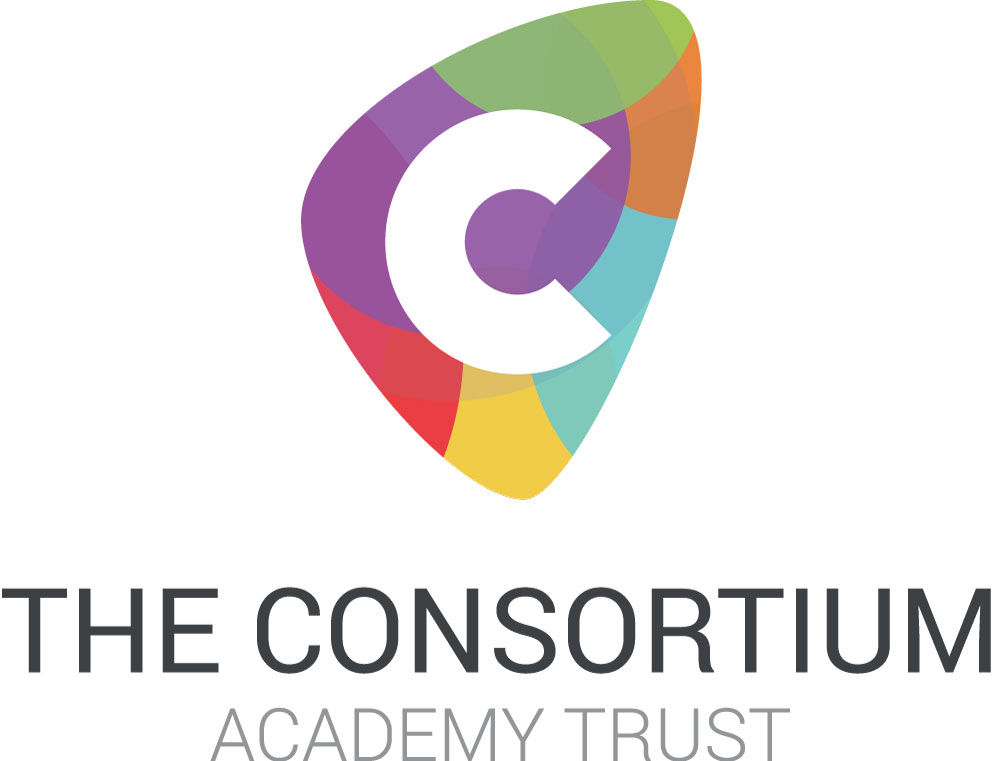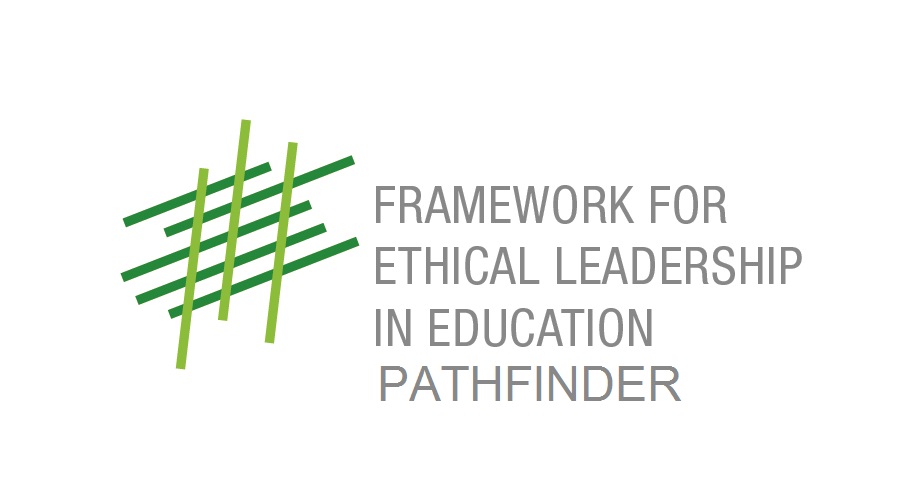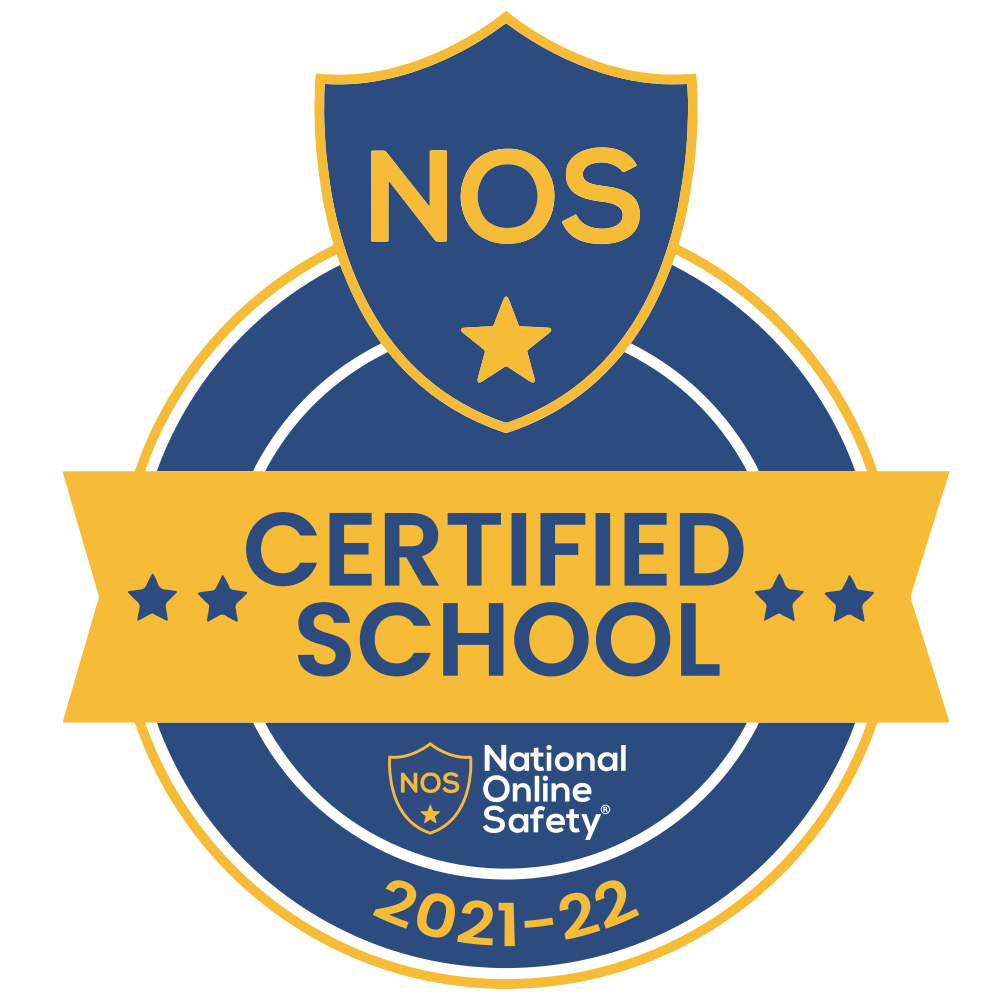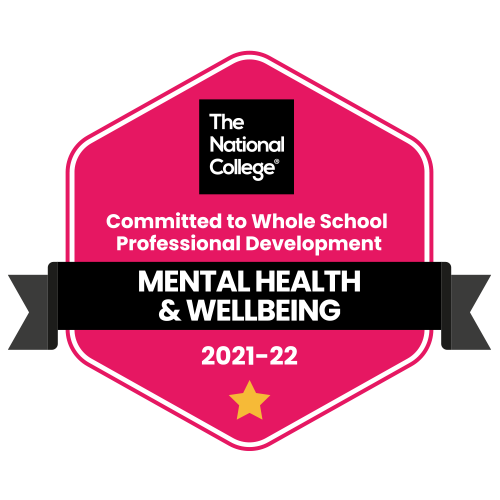Physical Education
The PE department is stand-alone Faculty. PE is a very popular core and option based subject with large numbers of students studying GCSE and Cambridge National courses at Key Stage 4 and A Level PE in Sixth Form. We also offer an extensive range of extra-curricular opportunities for all students; catering for all abilities and interests. These opportunities include ski trips and sports tours, as well as participation in weekly training and local, regional and national competitions. PE lessons involve working outside and inside. In lessons we cover a plethora of activities where students work independently and in groups solving problems whilst learning new sports.
| Staff | Position |
|---|---|
| Mr Moulds | Curriculum Leader |
| Mr Briggs | Assistant Headteacher - Culture & Climate |
| Miss Marren | Teacher |
| Mrs McCubbin | Teacher |
| Mr Beecroft | Teacher |
| Mr Tupai | Teacher |
Key Stage 3
Our Key Stage 3 curriculum is shaped by the national curriculum for physical education, which is designed to ensure that all students:
- develop competence to participate/ excel in a broad range of physical activities
- are physically active for sustained periods of time
- engage in competitive sports and activities
- lead healthy, active lives
Students study the following sporting activities at Key Stage 3: Hockey, Football, Dance, Rugby, Basketball, Fitness, Dance, Gymnastics, Rounders, Softball and Athletics.
Encourage your child to:
- Participate in academy based extra-curricular activities
- Participate in our foreign sports tours in the school holidays
- Improve leadership skills with our local sports partnership
- Form links with sporting clubs in the community
Key Stage 4
KS4 Core PE
Course content:
At Key Stage 4 the emphasis in core PE is on movement and well-being, therefore all lessons are practically based. The aim is to improve knowledge and understanding of varying sports and the acquisition of skill within those physical activities. Our ultimate aim is that students will be able to make informed choices about their lifestyle and physical activity outside of the school environment and post-16.
|
Students study the following sporting activities: |
|
|
Boys |
Girls |
|
|
KS4 GCSE PE
Aims of the course:
You will gain a well-rounded understanding of sport and Physical Education. Through an engaging introduction to the world of PE, sport and sports science you will genuinely appreciate how the human body allows us to perform amazing sporting feats, and how fitness and physical training contribute to a healthy lifestyle and improved performance.
Course content:
There are three themes that form the GCSE PE course:
- Fitness and body systems
- Health and performance
- Personal exercise programme
|
Students study the following prescribed sporting activities: Athletics, Football, Rugby Netball, Badminton, Table Tennis, Fitness |
||
|
Exam 1 |
Exam Two |
Coursework Module |
|
|
|
Assessment break down:
70% theory and 30% practical
Internal assessments also happen at the end of every unit of work, approximately every 6 weeks. Assessments include pre public exams and practical performances which are then moderated by an external moderator.
Encourage your son / daughter to:
- Ensure learners organise their PE kit the night before a practical lesson
- Learn carefully and accurately the meaning of key words provided in class.
- Take part in any additional physical activities available
- Revise independently throughout the year to consolidate understanding of the lesson content. Complete independent work on time and to the best of their ability.
- Keep exercise books neat and organised.
Additional resources to support learning in GCSE Physical Education:
https://www.pearsonschoolsandfecolleges.co.uk/Secondary/Revision/revision-home.aspx
Twitter also has access to some excellent sporting discussions.
We also recommend the purchase of revision guides through the academy to further assist students’ work outside the classroom. They also get a free pocket sized one when they start the course which should be well looked after to support students’ progress
Where required, passwords have been provided to students directly. For further support please contact the academy.
KS4 OCR Cambridge National in Sports Science
Aims of the course:
Sport is a key theme in most areas of both education and health policy. The need for people to lead healthy and active rather than sedentary lifestyles is an increasingly prominent focus of government initiatives. This focus is reflected in the school curriculum, where physical education and sport remains core and examination study seeks to build upon core learning at key stages 3 and 4.
Elite sport has embraced sport science disciplines wholeheartedly in the past few decades, moving from a perspective which assumed the primacy of natural talent in producing outstanding performance, to one which considers every minute detail of an athlete’s training programme, rest time, environment and psychology in the pursuit of excellence. The Cambridge Nationals in Sport Science offer learners the opportunity to study key areas of sport science including anatomy and physiology linked to fitness, health, injury and performance; the science of training and application of training principles, and psychology in sport and sports performance.
Course content:
There are 4 assignments (25% each) that form the Sports Science Cambridge National course:
|
|
3 Diet and Nutrition |
|
|||||
|
|
|
|
|||||
| Written exam | Coursework | Coursework | Coursework |
Assessment:
- 1 exam 25% (this can be retaken)
- 3 assignments 25% each - internally assessed and externally moderated
Encourage your son / daughter to:
- Revise independently throughout the year to consolidate understanding of the lesson content. Complete independent work on time and to the best of their ability.
- Keep exercise books neat and organised.
- Organise their PE kit the night before a practical lesson.
- Learn carefully and accurately the meaning of key words provided in class.
- Work independently on assignment based projects.
Additional resources to support learning in OCR Cambridge National Sports Science:
Sixth Form Courses
A Level Physical Education (OCR )
Driven by the incredible success of the GB team at the 2012 and 2016 Olympic and Paralympic Games, sport and physical education in the UK have never been in such a strong position. The practical element of this course will provide you with the opportunity to appreciate and analyse practical performance both as a player and a spectator/coach. The theoretical element will provide you with a wide range of knowledge and skills that can be applied to the understanding and development of sport at many levels.
Aims of the course:
The practical element of this course will provide you with the opportunity to appreciate and analyse practical performance both as a player and a spectator/coach. The theoretical element will provide you with a wide range of knowledge and skills that can be applied to the understanding and development of sport at many levels.
Course Content:
The course is a two year linear course. Over the two years you will undertake research and study in three different areas of sport.
1. Anatomy and physiology, including:
• The body system and energy systems
• Diet and training
• Biomechanics
• Injury and rehabilitation
2. Skill acquisition and sports psychology, including:
• Theories of learning and practising skills
• Methods and utilisation of guidance and feedback
• Team dynamics and leadership
• Aggression, motivation and confidence
3. Contemporary issues within sport, including:
• Ethics and deviance
• Media and commercialisation
• Modern technology in sport
• Evolution of modern sport
• Global sporting events including the Olympics
The entire course focuses on using the information above to understand participation in sport, performance and excellence, and the development of sport within the local, national and international communities.
Assessment:
The practical and coursework element are worth 30% of the final grade. Two modular exams make up the additional 70% at AS, with three modular exams at A2. The coursework element is a spoken piece in which students evaluate a sporting performance and create an action plan for improvement.
Encourage your son /daughter to:
- Participate in a sport outside of school. (If you are not sure if the sport is accepted in the A level specification see Miss Marren in the PE department.)
- Revise independently throughout the year to consolidate understanding of the lesson content.
- Complete independent work on time and to the best of their ability.
- Organise their independent study time so they are using it effectively.
- Keep folders neat and organised.
Where required, passwords have been provided to students directly. For further support please contact the academy.


